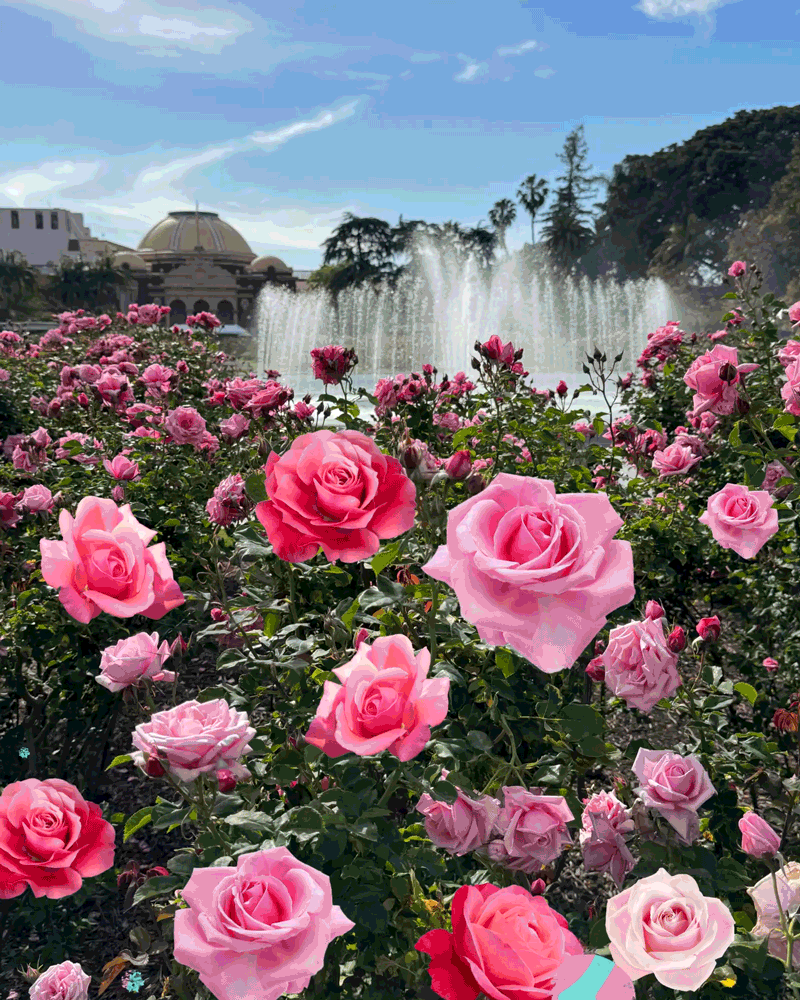Growing rue, an odd herb with a rueful side
- Share via
Rue. The name alone should give you pause.
This low-growing perennial has been a domesticated herb for thousands of years, particularly in Europe. It grows easily in bad soil, propagates on its own and puts out bright yellow flowers that attract swallowtail butterflies. It’s drought tolerant and is a habitat for a beneficial parasitic wasp that feeds on that annoying garden pest, white fly.
But be careful around rue, especially on sunny days. The unassuming blue-green leaves of Ruta graveolens are sprinkled with tiny glands containing rutin, a light-sensitive oil that can raise blisters on bare skin. The effect is similar to poison ivy’s.
Originally from the southern Balkans, rue is not an herb you’ll find in the produce section of your grocery store. Extremely bitter, it can be ingested only in very small quantities without causing intestinal upset. Pregnant women in particular are warned to avoid it altogether. The Food and Drug Administration forbids its inclusion in any food product. Even so, in Europe rue is used in salads and grappa and as a seasoning for sausages, cheeses, pickle brine and baked fish.
“It’s my favorite herb,” said Alicia Bacon, who tends the plant at Ocean View Farms, the community garden in Mar Vista. “I don’t cook with it, but it’s good for clearing your head. The smell makes you believe in reincarnation. It’s a medieval smell.”
It’s an apt comparison. Rue, whose name comes from the Greek verb meaning “to free,” was once considered a potent medicinal tool, useful against plagues, epilepsy and witchcraft. Catholic priests used to dip rue in holy water sprinkled on the faithful.
At the Francis Avenue Community Garden in Koreatown, gardeners from Mexico use a mild rue tea in hopes of helping fight anemia. At the Rosewood Community Garden in East Hollywood, Central American gardeners pack leaves into their ears to alleviate earaches. In Brazil rue is an ingredient in commercial cough syrups.
Beyond medicinal remedies of varying degrees of safety and efficacy, the smelly leaves (think 2-year-old gym shoes) make a decent flea and ant repellent when dried in a sachet or brewed into a tea and sprayed. A rue-vinegar blend can be used as a homemade antiseptic counter-top cleanser. In the garden, it also keeps some insects away. Dogs and cats also dislike the smell.
Adventurous gardeners would sow seeds now for summer blooms. You might find seedlings at some nurseries, including Echo Garden, 1901 Echo Park Ave., Los Angeles, (323) 664-6010. And you’ll find seeds online. But think about that comparison to poison ivy before deciding if and how to plant it responsibly.
The Global Garden is L.A. at Home’s series looking at our multicultural city through the lens of its landscapes. We welcome story suggestions at home@latimes.com.






